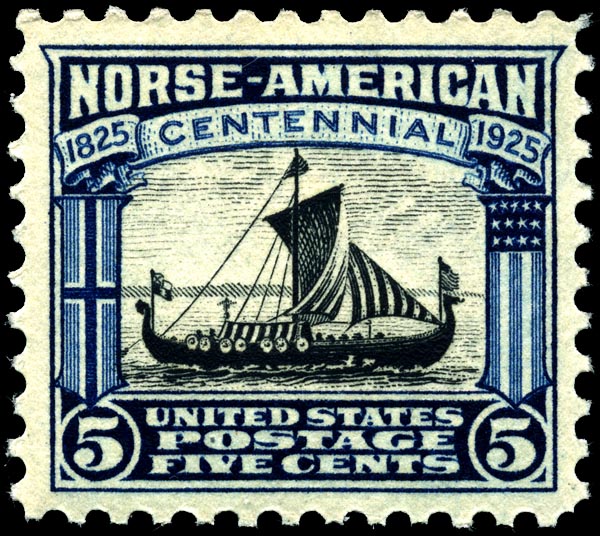|
Norsk Høstfest
Norsk Høstfest (Norwegian language: "''Norwegian Autumn Festival''") is an annual festival held each fall in Minot, North Dakota, US. It is North America's largest Scandinavian festival. History The event is held on the North Dakota State Fair grounds in Minot, North Dakota. Tens of thousands of people attend to celebrate and partake in the Scandinavian culture and entertainment. Altogether it has hosted cultural touchstones from Iceland, Denmark, Norway, Sweden, Finland, Estonia, Greenland, Åland, Faroe Islands, German-speaking Europe and the Netherlands. The festival was founded in 1978 by former North Dakota senator and mayor of Minot, Chester Reiten (1923-2013), and a group of friends who shared his interest in celebrating their Nordic heritage. The festival is a 501(c)3 nonprofit organization that raises funds to preserve, improve and share Scandinavian culture, heritage and educational programs. The 2020 and 2021 editions of the Hostfest have been cancelled due to the COV ... [...More Info...] [...Related Items...] OR: [Wikipedia] [Google] [Baidu] |
Norwegian Language
Norwegian ( no, norsk, links=no ) is a North Germanic language spoken mainly in Norway, where it is an official language. Along with Swedish and Danish, Norwegian forms a dialect continuum of more or less mutually intelligible local and regional varieties; some Norwegian and Swedish dialects, in particular, are very close. These Scandinavian languages, together with Faroese and Icelandic as well as some extinct languages, constitute the North Germanic languages. Faroese and Icelandic are not mutually intelligible with Norwegian in their spoken form because continental Scandinavian has diverged from them. While the two Germanic languages with the greatest numbers of speakers, English and German, have close similarities with Norwegian, neither is mutually intelligible with it. Norwegian is a descendant of Old Norse, the common language of the Germanic peoples living in Scandinavia during the Viking Age. Today there are two official forms of ''written'' Norwegian, (literally ... [...More Info...] [...Related Items...] OR: [Wikipedia] [Google] [Baidu] |
Troll
A troll is a being in Nordic folklore, including Norse mythology. In Old Norse sources, beings described as trolls dwell in isolated areas of rocks, mountains, or caves, live together in small family units, and are rarely helpful to human beings. In later Scandinavian folklore, trolls became beings in their own right, where they live far from human habitation, are not Christianized, and are considered dangerous to human beings. Depending on the source, their appearance varies greatly; trolls may be ugly and slow-witted, or look and behave exactly like human beings, with no particularly grotesque characteristic about them. Trolls are sometimes associated with particular landmarks in Scandinavian folklore, which at times may be explained as formed from a troll exposed to sunlight. Trolls are depicted in a variety of media in modern popular culture. Etymology The Old Norse nouns ''troll'' and ''trǫll'' (variously meaning "fiend, demon, werewolf, jötunn") and Middle High Germa ... [...More Info...] [...Related Items...] OR: [Wikipedia] [Google] [Baidu] |
Norwegian-American Culture In North Dakota
Norwegian Americans ( nb, Norskamerikanere, nn, Norskamerikanarar) are Americans with ancestral roots in Norway. Norwegian immigrants went to the United States primarily in the latter half of the 19th century and the first few decades of the 20th century. There are more than 4.5 million Norwegian Americans, according to the 2021 U.S. census,; most live in the Upper Midwest and on the West Coast of the United States. Immigration Viking-era exploration Norsemen from Greenland and Iceland were the first Europeans to reach North America. Leif Erikson reached North America via Norse settlements in Greenland around the year 1000. Norse settlers from Greenland founded the settlement of L'Anse aux Meadows and Point Rosee in Vinland, in what is now Newfoundland, Canada. These settlers failed to establish a permanent settlement because of conflicts with indigenous people and within the Norse community. Colonial settlement The Netherlands, and especially the cities of Amsterdam and ... [...More Info...] [...Related Items...] OR: [Wikipedia] [Google] [Baidu] |

